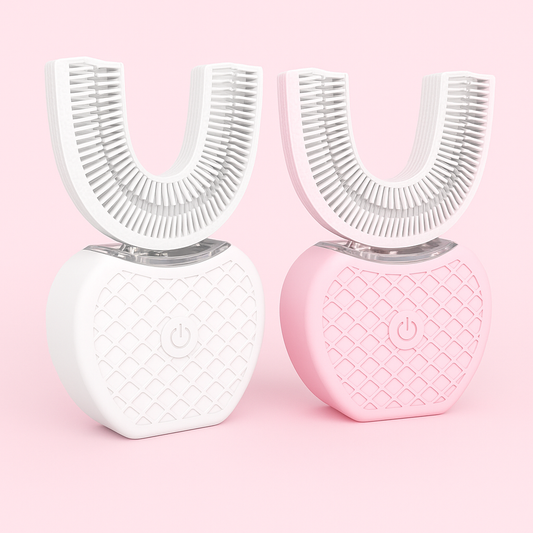Introduction
In an era where personal hygiene and health awareness have surged to new heights, fresh breath remains a key component of our daily interactions. Bad breath, or halitosis, can significantly affect your confidence and social interactions. In 2025, the quest for a minty fresh smile goes beyond the basics of brushing and flossing. With advancements in oral care and a deeper understanding of dental health, we present seven surprising secrets that can revolutionize your oral hygiene routine and keep your breath fresh all day long.
1. Hydration is Key
Water is the essence of life, and it plays a crucial role in maintaining fresh breath. Dehydration can lead to dry mouth, which is a significant contributor to bad breath. Saliva is our mouth's natural defense against odor-causing bacteria, and staying hydrated ensures your body produces enough saliva. Aim for at least eight glasses of water a day, and consider:
- Carrying a reusable water bottle to keep water accessible.
- Infusing your water with slices of citrus or cucumber for added flavor.
- Drinking herbal teas, which can also aid in hydration.
2. Chew Sugar-Free Gum
Chewing gum has long been associated with freshening breath, but not all gums are created equal. Sugar-free gum, particularly those containing xylitol, can help combat bad breath effectively. Xylitol not only stimulates saliva production but also prevents the growth of cavity-causing bacteria. Here’s how to make the most of this secret:
- Choose gums that are ADA-approved for an added layer of assurance.
- Chew gum after meals to help clear food particles and neutralize odors.
- Keep a pack in your bag or car for quick access when needed.
3. Incorporate Fresh Herbs
Nature has provided us with powerful remedies, and fresh herbs are among the best for maintaining fresh breath. Herbs like parsley, mint, and basil contain essential oils that not only mask bad odors but also have antibacterial properties. To incorporate fresh herbs into your diet:
- Add chopped parsley or mint to salads and dishes for flavor and freshness.
- Use basil in sauces or as a garnish.
- Chew on a few parsley or mint leaves after meals for a quick breath refresher.
4. Use Essential Oils Wisely
Essential oils have gained popularity for their therapeutic benefits, and some can be particularly effective for oral health. Oils like peppermint and tea tree oil can combat bad breath-causing bacteria. However, it’s important to use them correctly:
- Add a drop of peppermint oil to your toothpaste for a refreshing boost.
- Mix a few drops of tea tree oil with water to create a homemade mouthwash.
- Always dilute essential oils before using them in your mouth to avoid irritation.
5. Probiotics for Oral Health
Probiotics are widely known for their benefits to gut health, but they also play a vital role in maintaining a balanced oral microbiome. A healthy balance of bacteria in your mouth can help reduce bad breath. Here’s how to incorporate probiotics into your diet:
- Consume probiotic-rich foods like yogurt, kefir, and sauerkraut regularly.
- Consider probiotic supplements specifically designed for oral health.
- Look for probiotic lozenges or gums that can deliver beneficial bacteria directly to your mouth.
6. Avoid Breath Mints with Sugar
While sugary breath mints may offer a quick fix for bad breath, they can actually contribute to the problem in the long run. Sugar feeds the bacteria in your mouth, which can lead to increased plaque buildup and bad odors. Instead, consider:
- Choosing sugar-free mints or lozenges to freshen your breath without the negative effects.
- Opting for natural breath fresheners like fennel seeds or cloves, which have antibacterial properties.
- Keeping handy natural alternatives like cinnamon sticks for a quick breath refresher.
7. Regular Dental Check-Ups
Maintaining fresh breath in 2025 requires more than just personal care; regular dental check-ups are crucial. Professional cleanings remove plaque and tartar that contribute to bad breath and can help identify any underlying dental issues. To make the most of your dental visits:
- Schedule check-ups every six months or as recommended by your dentist.
- Discuss any concerns about bad breath with your dental professional.
- Follow through with any recommended treatments or cleanings to maintain optimal oral health.
Conclusion
In conclusion, keeping your breath fresh in 2025 is achievable with the right knowledge and strategies. By integrating these seven surprising secrets into your daily routine, you can enjoy not only a minty fresh smile but also improved oral health. Embrace the fresh breath revolution today, and step into a world where confidence and confidence shine through every smile!


